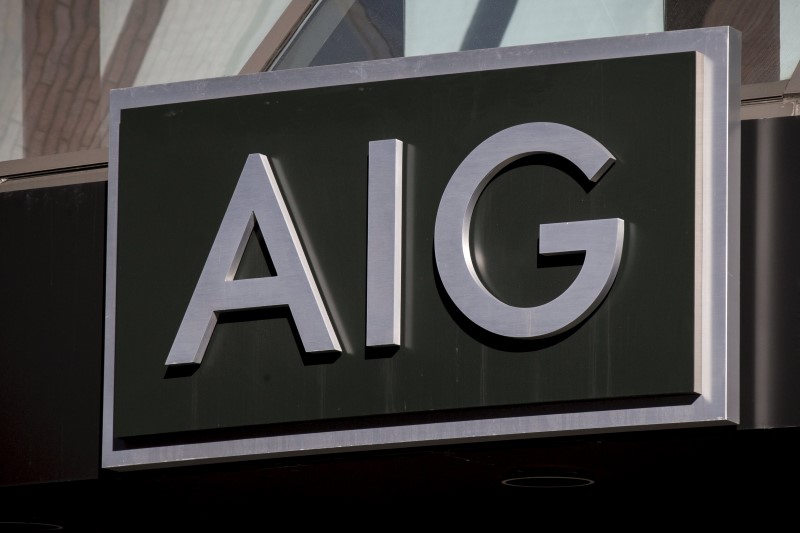By Jennifer Saba and Jim Finkle
NEW YORK/BOSTON (Reuters) - A growing number of U.S. companies, including MillerCoors and AIG, are stepping up the battle against online ad fraud by demanding proof that their ads have been seen by real people instead of computers hijacked by cybercriminals.
Spurred by a warning in December by the Association of National Advertisers (ANA) that businesses are losing $6.3 billion a year to so-called "click fraud," these companies now stipulate in advertising contracts that they will only pay for online ads when given proof that humans clicked on them.
"We don't want to be paying for non-human traffic," said Mark Clowes, global head of advertising at American International Group Inc (N:AIG), the largest commercial insurer in the country.
In a typical click fraud scheme, a crook infects many computers with malicious software, and directs the machines - called bots - to visit a webpage, click on an ad or watch a video. The fake traffic fools a marketer into thinking the site is popular, so it pays to place ads and links on the site.
A study conducted by cybersecurity firm White Ops for the ANA found that bots viewed almost one-fourth of online video ads and 11 percent of display ads. The study, published in December, involved 36 participants including AIG and MillerCoors (L:SAB) (N:TAP).
While click fraud has been going on for years, the ANA report has galvanized advertisers to fight back, ad executives said. What had been a trickle of references in contracts is becoming a flood.
"We've written into all of our contracts that our clients insist on at least 95 percent human traffic and anything less requires a make good or credit," said Barry Lowenthal, president of The Media Kitchen, an ad buying agency whose clients include Victoria's Secret Pink.
"By the end of 2015 we expect that every major agency and every major advertiser will include these kinds of clauses in their terms and conditions."
WEB PUBLISHERS AT RISK
U.S. digital advertising revenue is expected to reach $59 billion this year, according to eMarketer.
Online ads are sold through a complex, opaque system that can involve many parties including advertising agencies, website publishers and automated ad exchanges - the middlemen who aggregate and resell ad space across many websites.
Website publishers often pay third parties to direct visitors to their sites, a practice known as "source traffic." According to the 57-page ANA study, about half of all click fraud came from publishers paying for third-party traffic providers. (http://bit.ly/1Gj8wfI)
As advertisers crack down on click fraud, website publishers could suffer in the short term, said ANA Executive Vice President Bill Duggan.
Smaller publishers, in particular, would likely find it difficult to quickly respond to pressure from advertisers to eliminate bots. On average it costs up to 3 percent of a digital campaign to sweep the traffic.
An industry attorney said some publishers are not happy with the new contracts, which shift fraud costs to them from advertisers.
"You cannot inject a new risk module without having somebody squirm," said Joseph Rosenbaum, a partner at Reed Smith LLP. "Nobody likes to have additional liability."
Scott Cunningham, senior vice president at the Interactive Advertising Bureau, which represents some 600 website publishers, disagreed. He said the responsibility falls "squarely" on publishers.
"Your inventory is competing with criminal inventory. You absolutely have every obligation," Cunningham said.
Representatives for major website publishers Google Inc (O:GOOGL), Facebook Inc (O:FB), Microsoft Corp (O:MSFT), Yahoo Inc (O:YHOO) and AOL Inc (N:AOL) said they have been aggressively working to combat click fraud for several years.
AOL and Facebook said the new advertising contracts had not hurt revenue. Microsoft, Yahoo and Google declined to comment.
FIGHTING FRAUD
Firms that audit traffic include White Ops, DoubleVerify, Integral Ad Science and Moat Inc.
OpenX, an advertising exchange that uses algorithms to buy and sell ads, said it took a 15 percent hit to revenue growth in 2013 after investing heavily to clean up its traffic. Growth was back on track by 2014 and OpenX spends more than $1 million each year to ensure traffic quality, it said.
Concerns about click fraud have prompted some advertisers and website publishers to form an alliance in December.
"This is the No. 1 industry priority right now," said Mike Zaneis, interim head of the alliance, known as the Trustworthy Accountability Group. Board members include executives from Facebook, McDonald's Corp (N:MCD), Procter & Gamble Co (N:PG), Publicis Groupe SA (PA:PUBP) and WPP Plc (L:WPP).
"It's gaining momentum," Zaneis said.
